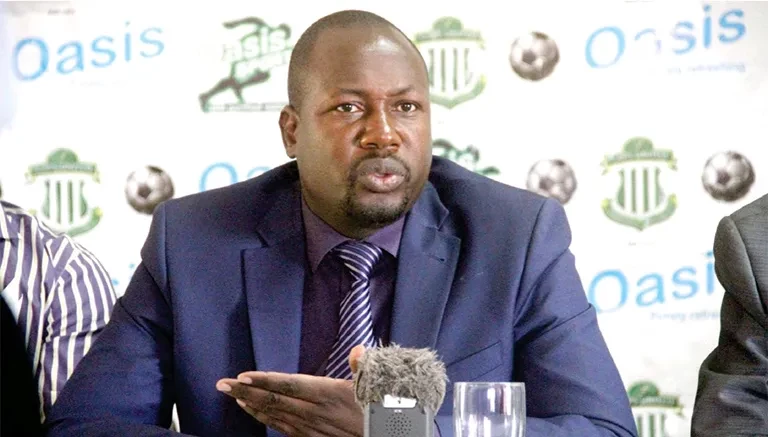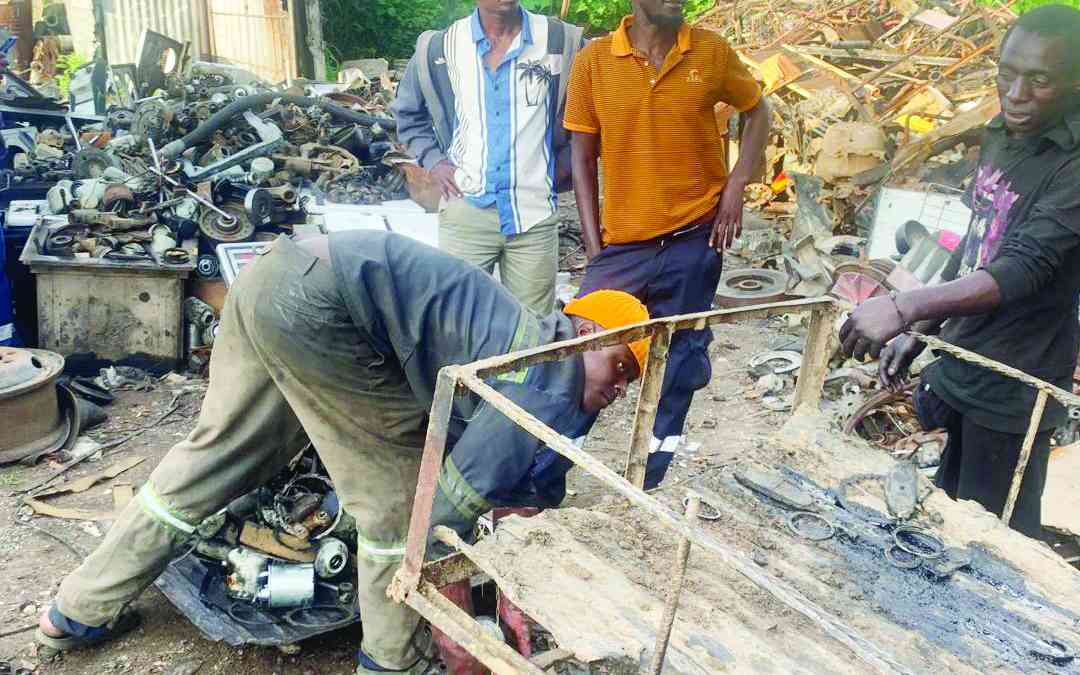
One of the companies that have been awarded the contract by government to revamp Harare’s water reticulation system has a history of getting questionable deals with public institutions.
Helcraw Electrical, which is linked to Zanu PF legislator Farai Jere, was announced as the local partner of Chinese company Hangzhou Laison Technology by Local Government minister Daniel Garwe last week.
The budget for the project that will involve the setting up of a new water treatment plant and installation of smart meters has been kept under wraps, but given the size of Harare it is likely to run into millions of dollars.
In 2016, the then State Procurement Board came under fire after it awarded Helcraw a contract to build the 120 megawatt Mutare Power Peaking Plant despite the fact that it did not meet the Zimbabwe Power Company (ZPC) technical specifications.
Helcraw was allegedly unilaterally awarded the contract because it charged US$92 million against a recommendation by ZPC to give it to technically- compliant Pito Investments that had charged $120 million for the emergency diesel power plant.
Jere was also acquitted at the Harare magistrate courts after he was arrested on fraud charges involving the procurement of smart meters valued at US$3,5 million.
He was charged for allegedly defrauding the Zimbabwe Electricity Transmission and Distribution Company (ZETDC) together with the power utility’s employers Leornad Chisina and Freeman Chikonzo.
Helcraw was accused of going for a factory acceptance testing (FAT) in England instead of India where there is a factory for secure meters.
- Corruption Watch: Get scared, 2023 is coming
- Corruption Watch: Get scared, 2023 is coming
- Letters: Ensuring Africa’s food security through availability of quality seeds
- Is military's involvement in politics compatible with democracy?
Keep Reading
It was also accused of producing a fake FAT report. The deal for the revamping of the Harare water reticulation system has also been questioned by residents associations that feel it was imposed on council.
Harare Residents Trust executive director Precious Shumba said the government appeared determined to enrich individuals at the expense of service delivery in urban areas.
“The whole motivation for the government is not to improve service delivery, but to enrich companies owned by their proxies,” Shumba said.
“This is about cartels favouring each other through abusing their public offices.
“Privatisation is a form of decentralisation, but has a record of failure to meet the needs of the end users, the citizens, not only in Zimbabwe but South Africa and the United Kingdom have documented failure of privatisation.
“Currently, corrupt government bureaucrats and ministers easily give directives, which undermine and encroach into the functionality of local authorities, a separate tier of government.”
Shumba said the government’s privatisation agenda was partisan and designed to hinder the performance of urban councils won by the opposition in August 2023.
“The goal is to transfer council responsibilities to companies in which they have a stake, and easily get kickbacks to award tenders and other contracts,” he said.
Harare Combined Residents Association programmes manager Rueben Akili said they were worried about the number of opaque deals being imposed on the local authority.
“We are concerned that such deals are being implemented without council resolutions and they are exposed to corrupt officials, who are using their influence to impose these agreements,” he said.
“We have never heard of the time the deal went to tender and how it was structured.
“At the end of the day the minister is imposing these deals on council for whatever reasons.”










